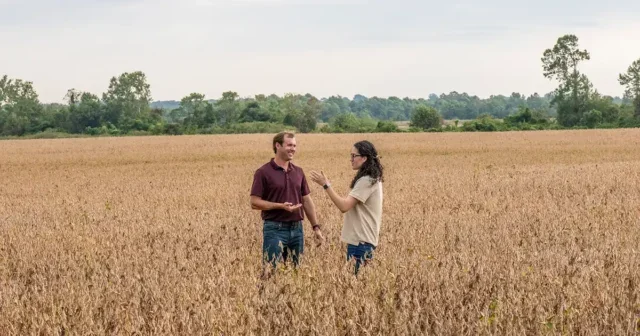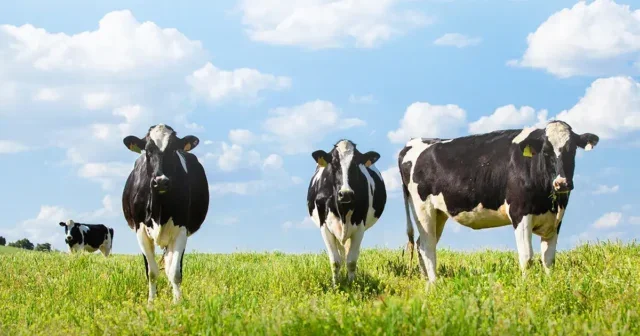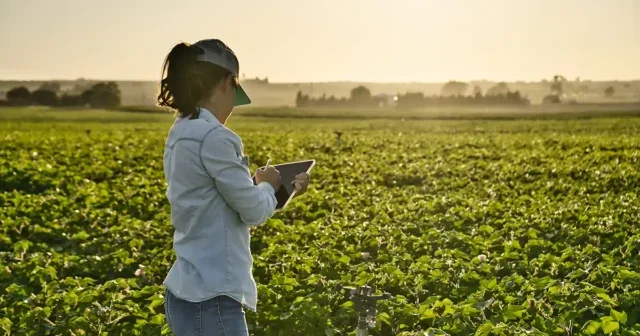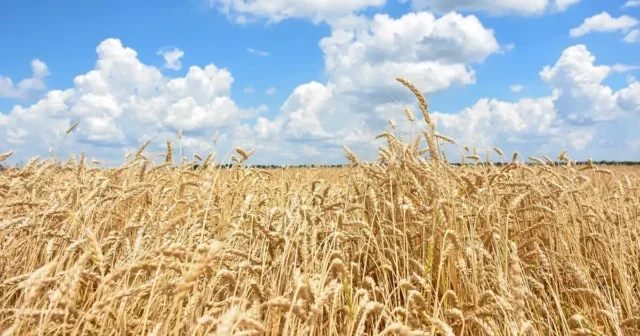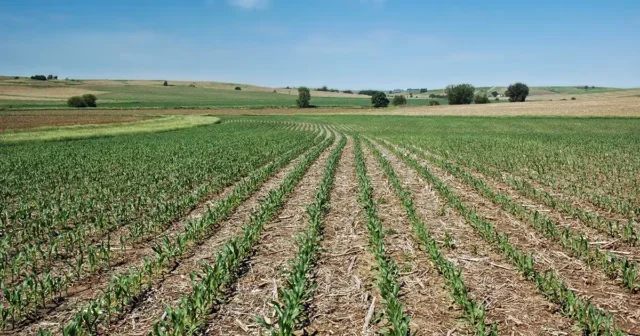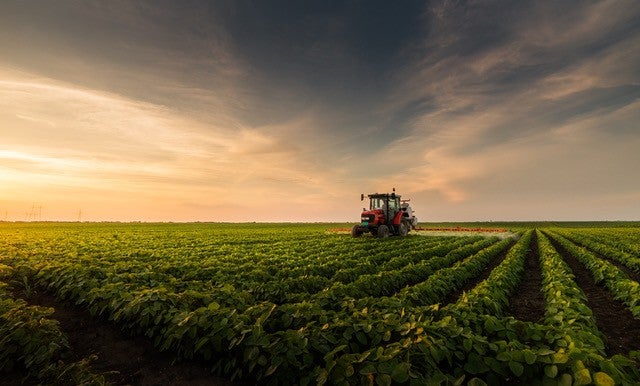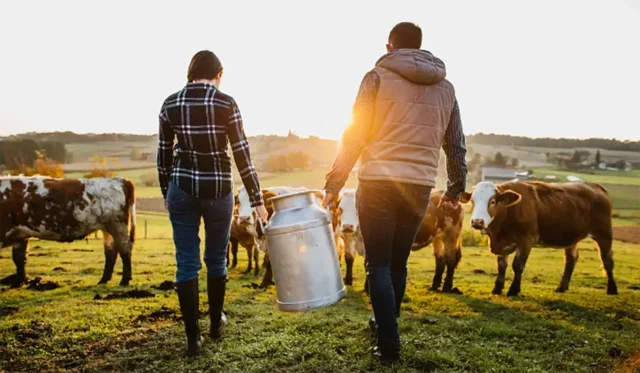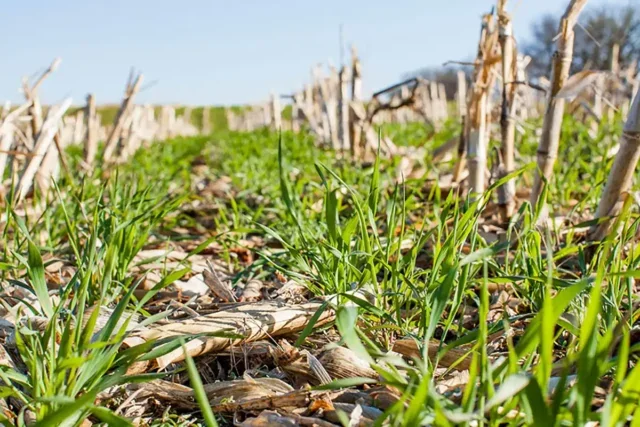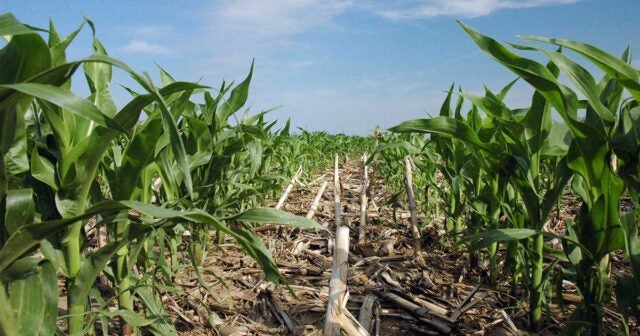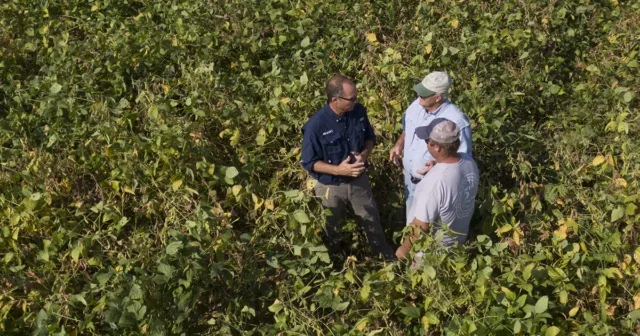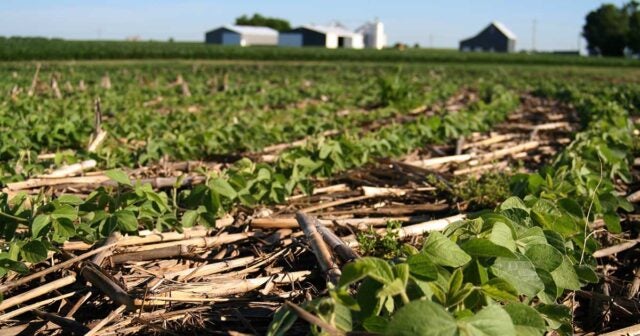Food and Agriculture
The challenge: Growing and worsening heat waves, droughts, flooding and other extreme weather are placing food and farming at great risk, increasing the urgency for food companies to future-proof their value chains. Because the food system accounts for about one-third of global climate emissions, companies have a major opportunity to shore up their supply chains, while supporting farmers and bending the curve on warming.
The good news: Innovations and emerging solutions to reduce methane emissions from livestock create opportunities for dairy and beef companies to partner with suppliers to implement climate smart practices.
Meanwhile, companies, agricultural lenders and investors can incentivize farmers to enhance farmland resilience while building soil health through crop diversification, cover cropping, no-till farming and improved fertilizer use.
How businesses can lead: Leading companies in food and agriculture are joining sector-wide efforts like the Dairy Methane Action Alliance, and EDF is collaborating with farmers and their financial partners to develop solutions and incentives that strengthen farm resilience. Companies are investing in emerging innovations and supporting farmers with proven, climate-friendly practices. By acting on climate now, food businesses can help ensure that their suppliers, investors and customers thrive in the future.
Scaling Impact for Sustainable Food
30%
EDF partnered with Danone on their first-of-its-kind target to reduce methane emissions from their fresh milk supply chain by 30% by 2030.
40k
In India, EDF partners trained 40,000 farmers on practices that reduce nitrogen pollution from fertilizer--a win-win for farmers' profits and the planet.
$2b
EDF partnered with agricultural finance institutions in the U.S. and Canada to incorporate sustainability incentives into their farm loan programs, aiming to issue $2 billion in sustainable farm loans to farmers.






